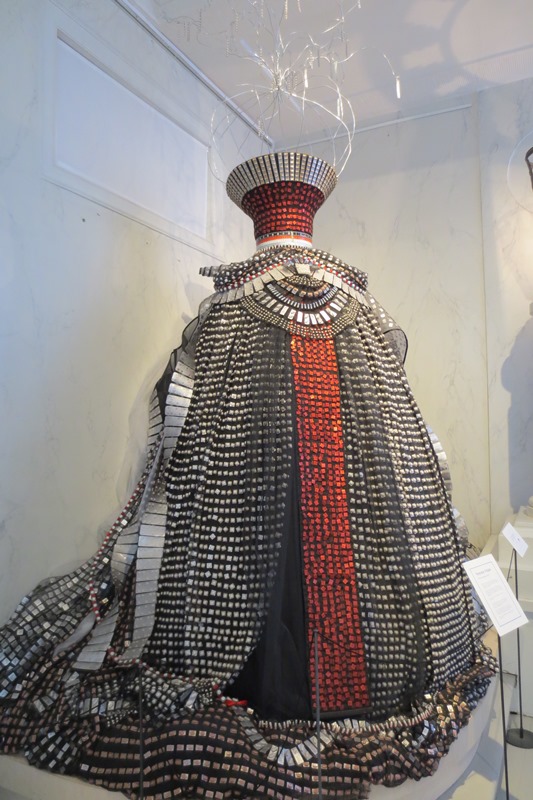If you get a chance to tour the Medical Museum in Copenhagen, Denmark, I recommend, jump on it.
Last month, I joined a group with an English speaking guide at the Museum and heard a simple, yet clear description of the history of medicine.
The guide credited the beginnings of modern medicine to physician, Hippocrates (460 B.C. – 370 B.C.) and Galen (120 A.D. – appx. 216 A.D.)
Galen contributed a substantial amount to the Hippocratic understanding of pathology and much of it endured until the 19th century.
 For example, the theory of bodily humors claimed that the differences in human moods came about as a consequence of imbalances in one of the four bodily fluids: blood, yellow bile, black bile, and phlegm.
For example, the theory of bodily humors claimed that the differences in human moods came about as a consequence of imbalances in one of the four bodily fluids: blood, yellow bile, black bile, and phlegm.
The guide explained, “Medicine believed that theory for a long time, even establishing poor if not harmful treatments based on it. But, in the 19th century, the microscope showed us otherwise. Bacteria became visible and were admitted to affect our bodies.
As technology advanced in the 20th century, medicine theorized that human bodies are chemical based and controlled. The guide referred to a model we’d seen when we entered the Museum. She said, “The dress on the model is made up entirely of pills. It was calculated to be the amount of chemical pills an average human takes during their lifetime.”
She added, “But, the industry is realizing that humans are more than only chemistry.”
Our group was then guided into the 21st century and she told us, “We thought that once the DNA genome was mapped out, that medicine would have answers, but all we have is useless information. Hopefully that will change someday.”
There was also a large room full of preserved organs and deformed bodies. I didn’t like this room. But I did like the story the guide told us. When the doctors examined the deformed babies, they were able to tell society the babies and mothers weren’t demons, but human beings. We’re all made of the same stuff and disorders can’t stop us from loving and helping one another.
The guide said, “Medicine studies disease in the hopes that once disease is understood, they can then find how to reverse it.”
I personally know a materials scientist who says, “I don’t get near as far when I study the problem. I focus on studying the goal.”
From 21st Century Science and Health, “Spiritual cause is the one question to be considered, for more than all others spiritual causation relates to human progress. The collective mass consciousness is approaching this subject and pondering somewhat the supremacy of Spirit. Touching the fringe of Truth’s “cloak”[1] is a worthy goal.
“The description of people as purely molecular, or as a mixture of molecules and spirituality—but in either case dependent upon their physical organization—is a can of worms. Opening up this can, we find all ills, especially depression. Materiality takes divine power into its own hands and claims to be a creator, but it is only a fabricated fiction. In this fabrication, idolatry and lust are so encouraged by society that humankind has caught their moral contagion.
“We can discover the spiritual opposite of materiality. Even the way through Christ, Truth, allows us to reopen, with the key of divine Science, the gates of Paradise which human beliefs have closed. There will then be no need to consult reference books for the probabilities of life. It will be unnecessary to study DNA or neurons in order to learn the state of our substance and purpose. We can find our self not fallen, but upright, pure, and free.”
[1] Matt. 9:20; Matt. 14:36; Mark 6:56

